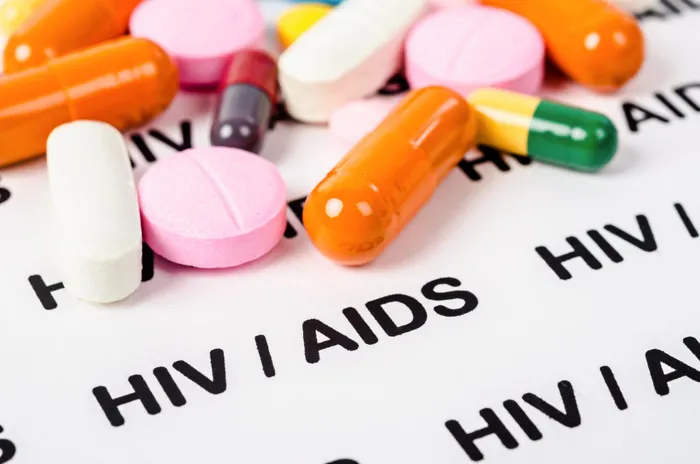Pepfar Bridge Plan funding a small drop in SA's HIV/Aids fight

The Treatment Action Campaign raises urgent concerns over a 50% reduction in Pepfar funding for HIV/Aids services in South Africa, warning that crucial healthcare support for vulnerable populations is at risk.
Image: File
THE R1.9 billion approved by the US President’s Emergency Plan for AIDS Relief (Pepfar) Bridge Plan is 50% less than the aid received last year, according to the Treatment Action Campaign (TAC).
The Pepfar Bridge Plan (PBP) has been approved to provide essential HIV service delivery in South Africa from October 1, 2025, to March 31, 2026.
This plan addresses a US government funding freeze that caused job losses and service disruptions earlier this year.
“This initiative is designed to ensure uninterrupted HIV service delivery by prioritising country-specific needs and focusing on life-saving impacts,” Minister in the Presidency Khumbudzo Ntshavheni recently told a media briefing.
However, Treatment Action Campaign (TAC|) general secretary Anele Yawa said while this bridge plan was meant to keep the programme operating as it has been since February of 2025, new cuts were being implemented.
“It represents a further 50% cut from the total amount South Africa was slated to receive last year, accounting for it being only a six-month bridge.”
Yawa noted that despite the plan not being shared with TAC, the budget implies 15 fewer districts will get Pepfar support, down from 27 of South Africa’s 52 districts in previous years.
He said thousands of healthcare workers, counsellors, and other non-clinical staff, like data capturers, will not be returning to clinics.
“We’re concerned that the agency allocations in the bridge funding amounts may be out of alignment with what is still operating.”
Since the Pepfar cuts and disruptions to services earlier in the year, there has been a system-wide slide in the basics.
TAC's Ritshidze State of Health report shows significant cuts in 326 clinics across 16 districts and six provinces.
- 85% of facility managers report staffing shortages.
- 48% of staff note reduced capacity, and waiting times have increased.
- Filing systems have collapsed in King Cetshwayo and Buffalo City.
- Routine HIV testing is insufficient, with only 47% of non-ART patients being offered a test.
- HIV/Aids patients are increasingly receiving one-month refills instead of three-month or committed six-month options.
“These are not marginal dips; they are structural failures that push people out of care. The 15 districts that lost Pepfar support following this drastic funding cut will still not have the support needed to fill these gaps.”
Without Pepfar, crucial drug-friendly, safe, and specialised care for drug users, sex workers, and queer and trans individuals in South African clinics is ending, said TAC.
As more people rely on public health due to closed centres, this intervention will fail without extra staff, specialised services, and positive attitudes towards key populations, including opioid substitution therapy and hormonal care.
He said there has been limited acknowledgment of the true scale of the funding gap left by Pepfar and that while the National Treasury has earmarked R753 million to cushion the shortfall, this is a fraction of the nearly R1.8 billion reduction in Pepfar funding for the six-month period previously contributed.
“Critical areas Pepfar supported like counselling, data capture, key population services, and community-led monitoring remain largely unfunded. These are not add-ons but essential components of how the HIV response stayed accountable and people stayed in care.”
The limited response so far shows little urgency to replace these functions or plan for long-term sustainability, he added.
“Until government and donors accept and address the breadth of what was lost – the people and systems that kept them reaching people – the response will remain weakened, and communities will keep paying the price,” he warned.
Reacting to the announcement on Friday, Professor Salim Abdool Karim, director of the Centre for the Aids Programme of Research in South Africa (Caprisa), said South Africa has a good Aids Control Programme and the Pepfar programme helped build it and support it over the years.
He said when the funding was cut, we moved in a different direction towards becoming self-sufficient in our Aids Control Programme.
He emphasised the importance of this step, stating that while South Africa might not be able to match the scale of US funding, the nation was capable of undertaking many crucial initiatives.
“The way I look at it is that… You can't stop something in February and then change your mind tomorrow. You can't put Humpty Dumpty back together again. It can't be done. We've moved on. The world has changed in that time,” he said.
Cape Times